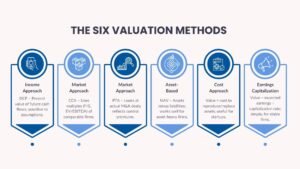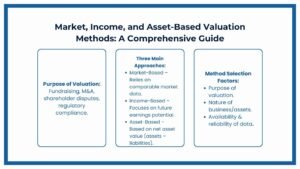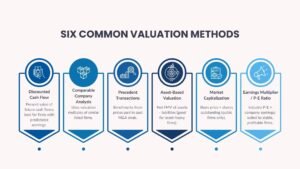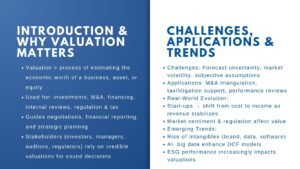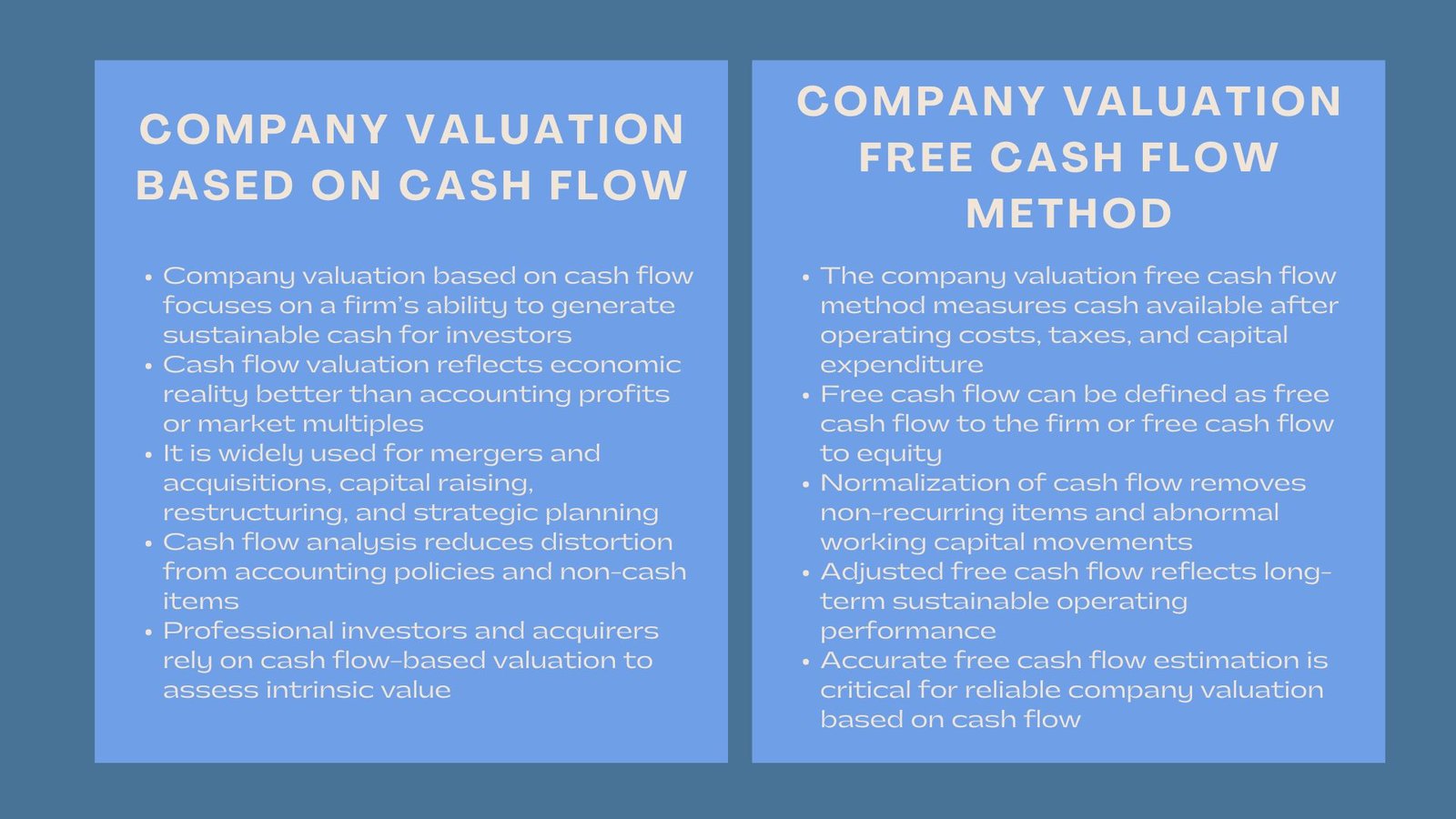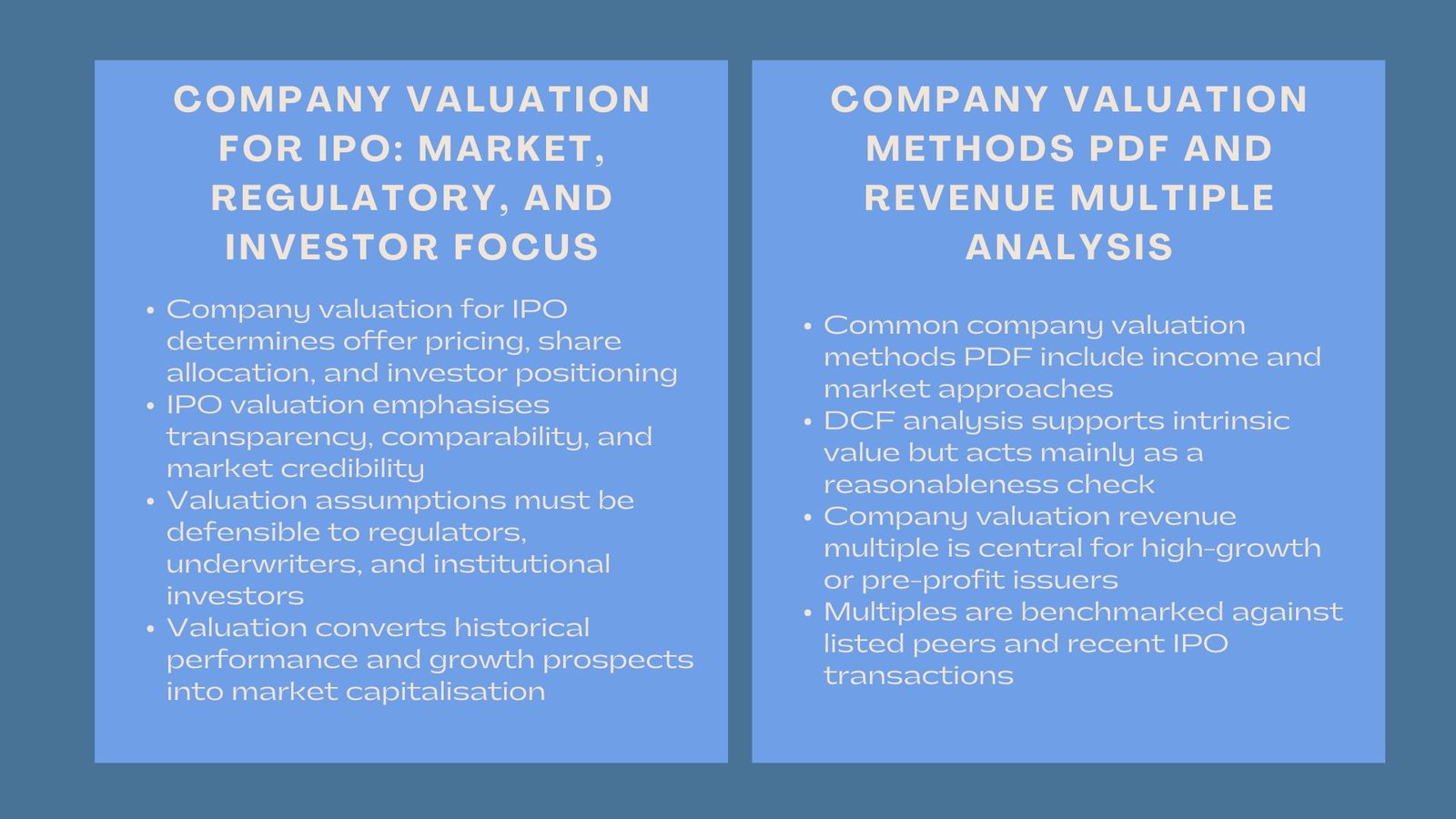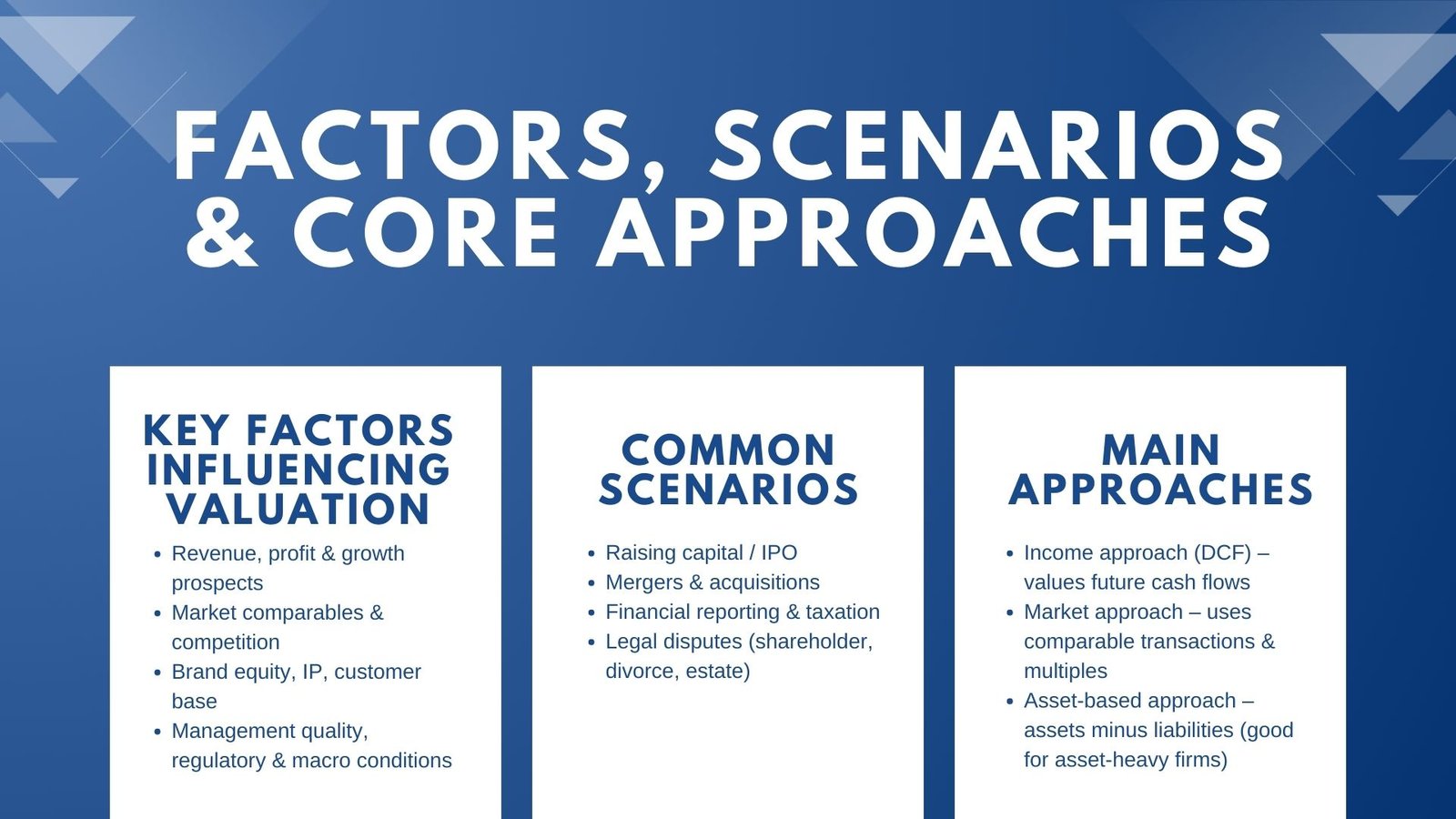
What is Company Valuation and Why it Matters
Learn What is Company Valuation and Why it Matters
This knowledge of the value of a company has become essential to many stakeholders; including the investors and acquirers as well as the internal managers and regulators of the economy. Valuation of companies is the analysis of economic value of a company or unit within the business enterprise. This estimate is used as a foundation of investment choice, acquisitions, mergers, taxation, litigation, and reporting finances. Professionals offering company valuation by ValueTeam Singapore expert guidance often highlight different approaches on how to value private companies in Singapore, ensuring accuracy for decision-making. Modern practices emphasize company valuation Singapore including revenue, market, asset-based methods to address diverse contexts and industry needs.
Why Company Valuation Matters
In the modern-day fast changing financial environment, the fair and correct valuation of a firm is a perspective through which sound judgments are reached. It can enable shareholders to gauge the health of their investments, facilitate negotiations in a M&A transaction and acts as a reference point to regulation and taxation.
Valuation is also a major strategic planning process, succession planning, and internal performance evaluation. Ranging in scale to large listed companies, a valuation of what a business is worth can provide a clear view to a fundraising deal, IPO, or settling a dispute.
Key Factors That Influence Valuation
It does not only concern crunching the numbers but is rather a delicate process that embodies financial, operational and market realities of the business. The final valuation depends on some variables such as:
- The revenues and profit ratios of the company
- Prospects of future growth and business perspective
- Comparables and competition in the market
- Brand equity, intellectual property and customer base
- Management skills and work proficiency
- Regulatory environment/macroeconomic conditions
All these constitute the inputs which hold the basic picture in the eyes of the company, whether to an internal board or an external investor.
Common Valuation Scenarios
The valuation of a company is critical in a number of situations. As an example, in the case of a business wishing to raise capital, investors require appropriate valuation to give them an idea of the amount of equity they would get in exchange for investment. In the same manner, when there is a merger or an acquisition, the two parties have to rely on valuation to allow a reasonable price.
This valuation is also significant to financial reporting according to accounting standards such as the IFRS and the US GAAP especially where goodwill and intangible assets are taken post-acquisition. Government agencies especially those that collect taxes, such as estate tax, gift tax and such other financial aspects, need valuation to ascertain the taxes. Valuation can be determinant even in law suits such as shareholder disputes cases or divorce cases where a person may have business issues.
Core Valuation Approaches
Some of the ways in which a company can be valued include; valuation by analogy, discounted cash flow, the market approach, the assets based approach and so on. However the most common categories of values include income approach, market approach and asset based approach. Each of them has its advantages and may be used with various companies and purposes of valuation.
Income Approach
It is a method of estimation of value regarding the ability of the company to create future economic profits and this is usually expressed in the amount of projected cash flows. The discount rate used in the calculation of present value of these cash flows is an applicable rate describing risk combined with time value of money. Most popular tool of this kind is the Discounted Cash Flow (DCF) model.
The income approach is most suitable where a business can earn stable and predictable incomes. Nevertheless, it is intelligent and well in tune with assumptions because it demands intensive financial projections and knowledge of risks.
Market Approach
Market method involves a comparison of the subject company with other comparable businesses whose value is known preferably recent transactions or their publicly traded data. Valuation multiples applied in this method include Price to Earnings (P/E), Enterprise Value to EBITDA or multiple revenue multiples based on other same companies.
The method represents the prevailing spirit at the market and it is usually a popular method because of its comparative ease. Nevertheless, it requires the presence and correctness of similar company data that is not always perfect, particularly with those companies that are either distinct or with niche market type.
Asset-Based Approach
The technique is used to value the company according to the fair market value of the assets less liability. It is a common practice when it comes to assets intensive businesses or those in the liquidation process. It may fail to present growth potentials in the future, but gives a clear picture of the net position of the business in terms of assets.
This is the best method of the business in which physical assets like machinery, property or inventory make a substantial part of the total PV.
Challenges in Company Valuation
It is seldom easy to come up with valuation. It is accompanied by complicated determinations and subjective assumptions especially in future performance, risk evaluation, and market circumstances. Stocks such as intellectual property, brand value, or proprietary technology may be very hard to put a dollar amount to, but still be a significant component of enterprise value.
The case can be complicated even more due to the inconsistency of the records about finance, the absence of similar data, or the volatile nature of the market. There are additional uncertainties induced by regulatory changes, tax implications, and geopolitical risks.
The second also important issue is to differentiate between fair market value, fair value and the investment value all of which have their own context and methods. A wrong premise of value may result in inappropriate conclusions and poor decisions made.
Company Valuation for Different Business Stages
Valuation may differ according to the stage of the lifecycle of the company in the sense of its purpose and method. In some situations, such as that of young companies, valuation may be far more based on potential and growth oriented metrics instead of previous performance. Qualitative value estimation can be done by investors through qualitative structures, including Berkus Method or Scorecard Valuation Method.
In case of a mature company, the market comparables and the historical performance usually present a sounder base. Liquidation value is more applicable in cases of distress. There are illiquidity and lack of marketability adjustments that also needs to be made with regards to the comparison of similar entities, privately held companies versus the publicly traded firms.
Regulatory and Accounting Considerations
Valuation is a regulatory requirement as well as a tool of business. The measurements under fair values in business combinations, asset impairment and financial instruments are a critical role under the International Financial Reporting Standards (IFRS).
In the United States, guidance is published by the Financial Accounting Standards Board (FASB) in ASC 820 (Fair Value Measurement), ASC 350 (Intangibles -Goodwill and Other). These frameworks pose the need of transparency, consistency, and validation of valuation assumptions.
Taxing agencies might examine valuations in the field of transfer pricing, estate planning, and reorganization. Thus, Easterly points out theEFBB Hyaho assigned values based on valuation standards accepted by the professional community — IVSC (International Valuation Standards Council) or ASA (American Society of Appraisers) as the basis of defensibility.
The Role of Independent Valuation Experts
Considering that it is technically difficult and has a high risk, numerous firms turn to professional valuation firms to perform independent valuation. The specialists present expertise, market information, and regulatory measures compliance. They especially help in the audit, investor relations or due diligence in the transaction.
Independence valuations are also effective in reducing biasness, promoting objectivity, including trust by the stakeholders. This is especially crucial, where there could be some incentives built towards overstating or understating business value by the internal managerial base.
Evolving Trends in Company Valuation
With an increasing number of economies getting more digital and innovation-based, conventional techniques of valuation are becoming limited. Things like software, data and customer relationships can also constitute a sizable portion of business value at the current time but have been very hard to measure accurately.
There is also a growing influence of Environmental, Social, and Governance (ESG) factors in investment decisions which has led to the analysts bringing non-financial measures into valuation models. New metrics are coming up to be able to measure brand equity, user interest and platform scalability.
Valuation is also changing due to technology. Forecasting models and risk analysis are being transformed by big data, artificial intelligence-powered analytics, and real-time market intelligence and, as a result, have become more dynamic and responsive when it comes to valuation practices.
Final Thoughts on What is Company Valuation and Why it Matters
The valuation of companies is an important exercise that supports most of the corporate, investment and financial reporting practices. It is both art and science-it takes not only data but experience and judgment, as well. In deciding on a price with regard to a merger, issuing capital or aligning with IFRS, the key to strategic decision making lies in understanding the value of a company.
Stakeholders should also be better informed, transparent, and credible in decision-making because of the appreciation of the methodologies and awareness of the issues involved and dynamic nature of business value. In a more information age and more innovation driven economic environment, the art of valuing companies will continue to be even more valuable than before.


